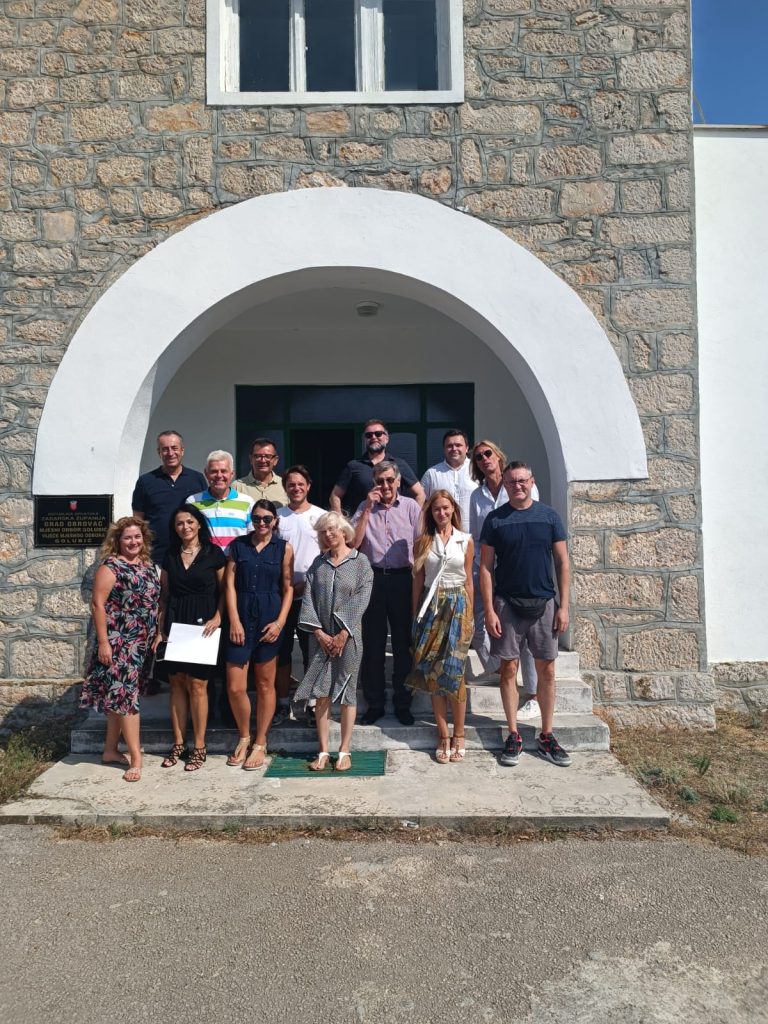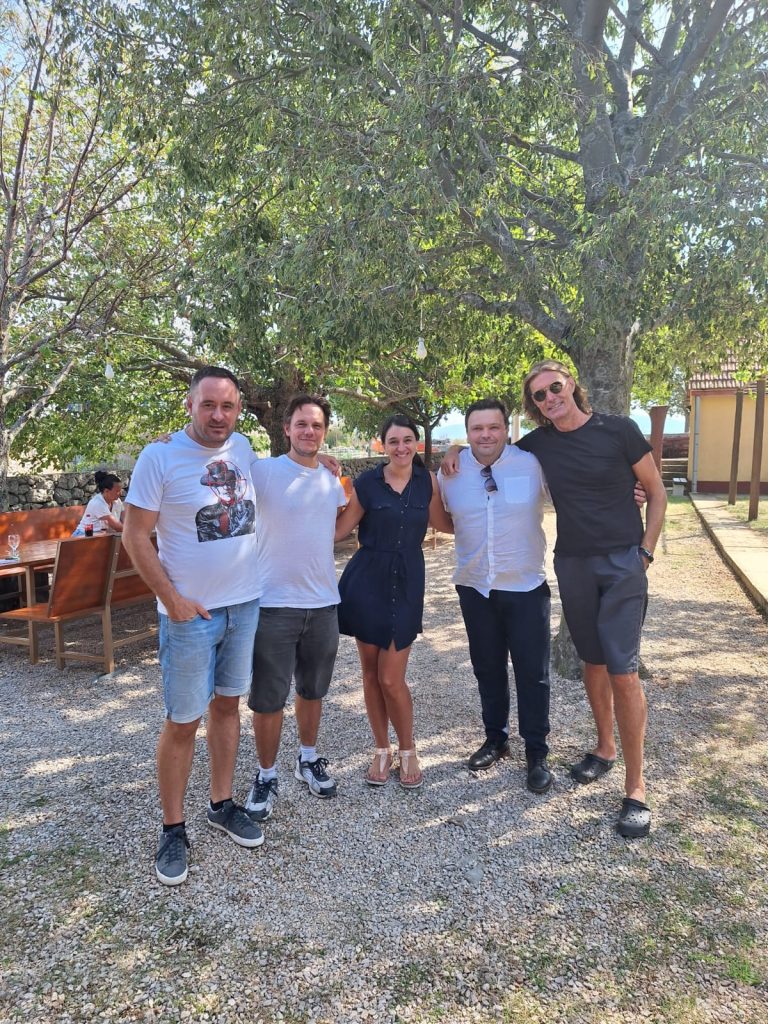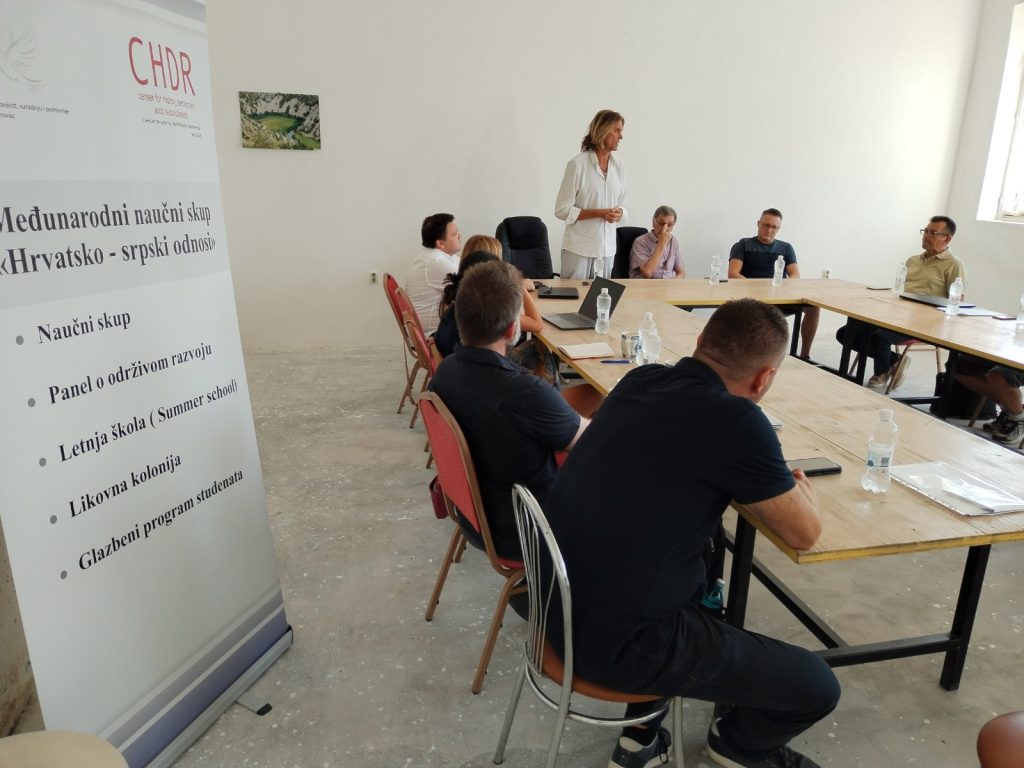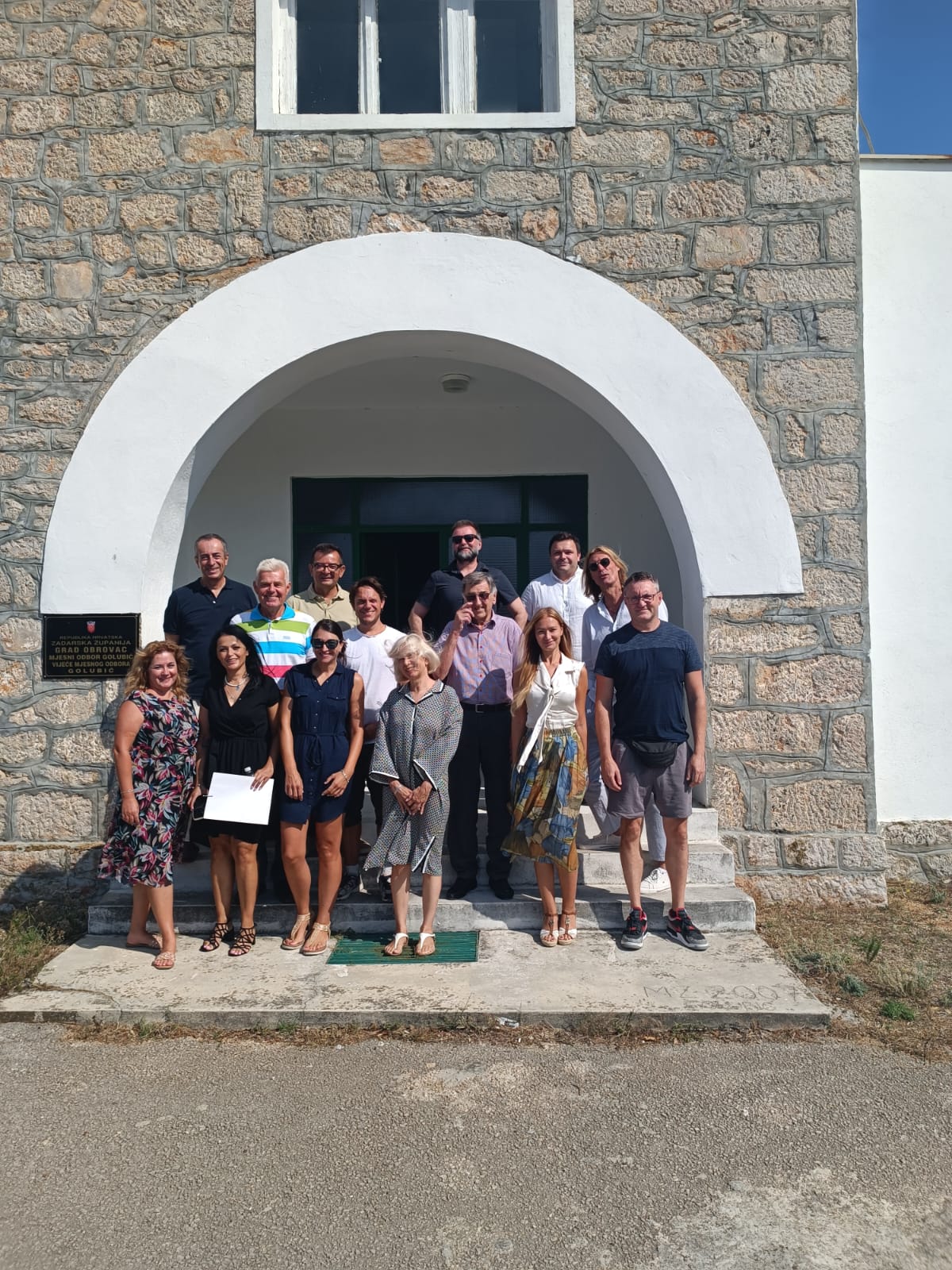Golubić (Obrovački) August 25–30, 2024
GOLUBIĆ OBROVAČKI – A scientific conference titled “Croatian-Serbian Relations, Contemporary Challenges of Cooperation and Heritage” gathered scientists from Croatia, Serbia, and Australia in Golubić Obrovački. The event was organized to discuss pressing challenges faced by minority communities, focusing on their survival, cooperation, relationships with the majority population, and the preservation of local identities. One of the key topics was the potential for economic development in Bukovica, a historically significant but economically challenged region. During the conference, ongoing work on a project comparing Croatian-Serbian and German-Danish relations was also presented.
At the opening of the conference, Professor Dr. Darko Gavrilović, one of the organizers, highlighted the harmful influence of politicians spreading hatred in the region, as well as the dangers posed by those who follow them blindly. “Politicians who sow hatred and fear can never sabotage life as much as those who follow them or we ourselves if we remain silent and just watch what they do,” Gavrilović stated, emphasizing the importance of active participation in society. “We need to be present with our peace in all aspects of life. Only then can we speak of achieving true peace and reconciliation. Hating others is just another form of slow suicide,” he concluded.
Professor Dr. Davor Pauković from the University of Dubrovnik also spoke at the conference, emphasizing that traumatic experiences from the past, especially in Croatian-Serbian relations, can be acknowledged in a way that does not incite hostility. According to him, it is crucial to build a discourse based on reconciliation, rather than deepening old wounds.
One of the most memorable speeches was delivered by Professor Dr. Janko Veselinović, who highlighted the symbolism of the school where the conference was held. “This school, which was damaged in the war and later partially restored, carries an important message. On one wall, there is a swallow’s nest, a symbol of life and peace, while on the other, there is mold eating away at the wall. That mold symbolizes the worst aspects of relations between Serbs and Croats, and it is what poisons our relations. That mold must no longer be there,” Veselinović declared.
Professor Tomislav Vodička, Secretary General of the Institute for Migration Research in Zagreb (IMIN), emphasized that IMIN participated as one of the organizers of the conference this year due to its engagement with minority issues. “Our scientific work has been recognized as relevant in the field of minority problems, and through our efforts, we support initiatives that contribute not only to the advancement of science but also to advisory actions towards political institutions,” Vodička said. He also announced that at the beginning of next year, IMIN will co-publish the conference proceedings, which were organized by the Association for History, Cooperation, and Reconciliation from Golubić, the Center for History, Democracy, and Reconciliation from Novi Sad, and the Institute for Migration Research from Zagreb.
The conference in Golubić once again demonstrated the importance of dialogue and cooperation between scientists from Croatia, Serbia, and abroad in the pursuit of preserving minority communities and promoting mutual understanding.






